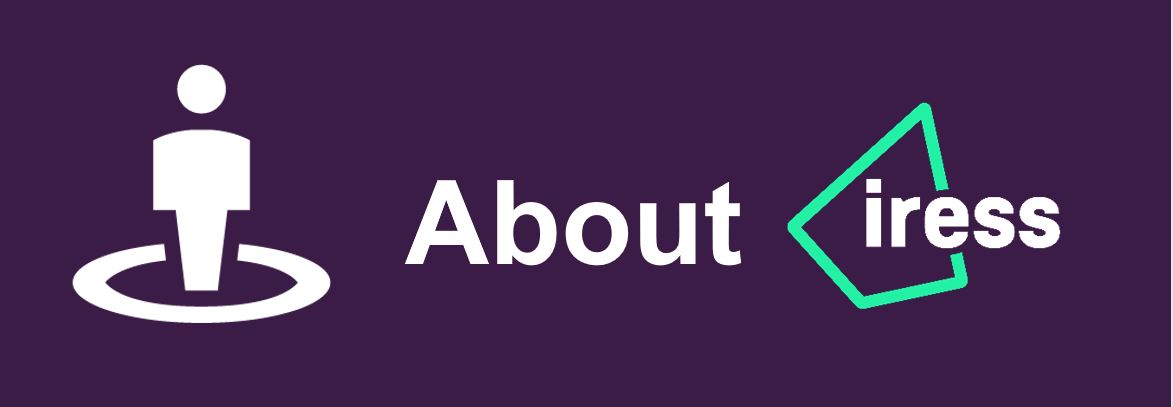Trauma: Exploring beyond the big four
Written and accurate as at: Jan 10, 2017 Current Stats & Facts

Trauma insurance is a type of personal insurance designed to assist you financially if you suffer a life changing medical event. It potentially meets a gap that exists between your other personal insurances - Income Protection, Total and Permanent Disability and Life cover.
Many people think of Trauma insurance as financial protection for four key traumatic medical events - heart attack, stroke, cancer, and coronary artery bypass, but many trauma insurance policies now also provide greater protection across a much larger range of specified medical events.
Generally speaking, a comprehensive trauma insurance will often encompass seven main categories and their underlying sub-category traumatic events.
- Permanent conditions like blindness, loss of hearing, loss of independent existence, loss of a single limb, loss of speech, and severe burns.
- Cancer like breast cancer, Hodgkin’s disease, leukaemia, prostate cancer, and skin cancers.
- Nervous system disorders like Alzheimer’s disease, coma, dementia, encephalitis, major head trauma, meningitis, motor neurone disease, multiple sclerosis, muscular dystrophy, paralysis, Parkinson’s disease, and stroke.
- Heart disorders like angioplasty, aortic surgery heart attack, cardiomyopathy, heart valve surgery, open heart surgery, and pulmonary hypertension.
- Body organ disorders like chronic liver disease, chronic lung disease, chronic kidney failure, pneumonectomy, and major organ transplant.
- Blood disorders like aplastic anaemia, medically acquired HIV, occupationally acquired HIV, and occupationally acquired Hepatitis B or C.
- Other events like advanced diabetes, severe osteoporosis, severe rheumatoid arthritis, and intensive care.
As all policies are different, always carefully read through the insurer’s Product Disclosure Statement.
Things to consider
Depending on the insurer, there are three main eligibility considerations that you need to understand when it comes to claiming on your Trauma insurance policy:
1. Qualifying period. For example, if you suffer a specified medical event within three months of your insurance policy commencing you may not be entitled to a benefit.
2. Exclusions. For example, no benefit may be received if the specified medical event became apparent, or the surgery first occurred, within 90 days of your insurance policy.
3. Survival period. For example, if you don’t survive for a minimum period (generally around 2 weeks) after the date of diagnosis for the specified medical event you may not be entitled to a benefit.
Furthermore, the amount of payment you receive will depend on the type and severity of your specified medical event. For example, if you were to suffer a loss of sight in both eyes you may receive a full payment of your sum insured, whereas if you were to lose sight in one eye you may only qualify for a partial payment.
If you need to make a claim on your Trauma insurance policy contact your financial adviser to discuss the claims process.
As you can see, Trauma insurance (and personal insurance in general) offer a range of features and benefits which may vary between insurers. Talk to your financial adviser to make sure you understand your personal insurance plan and to ensure that it continues to suit your financial situation now and into the future.













